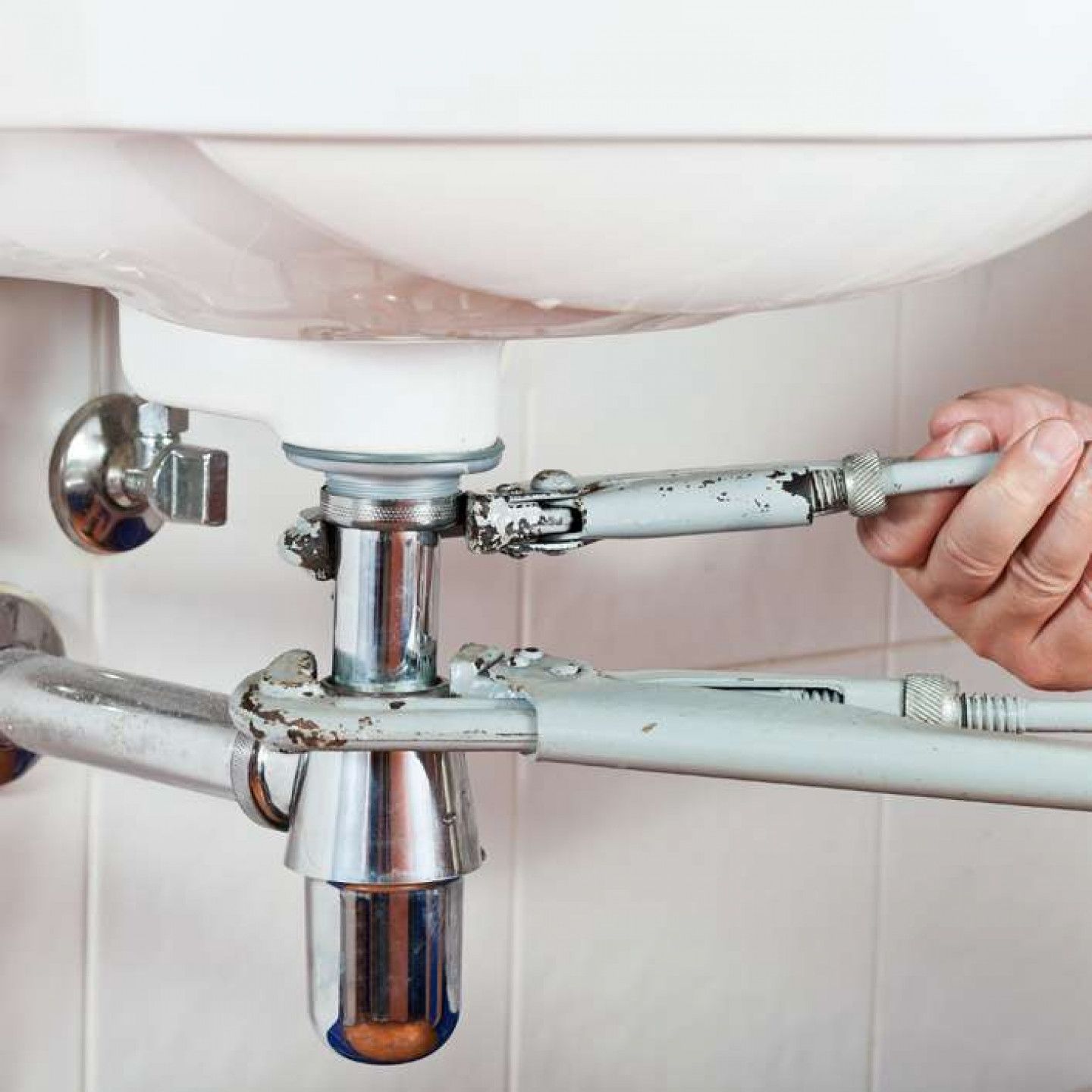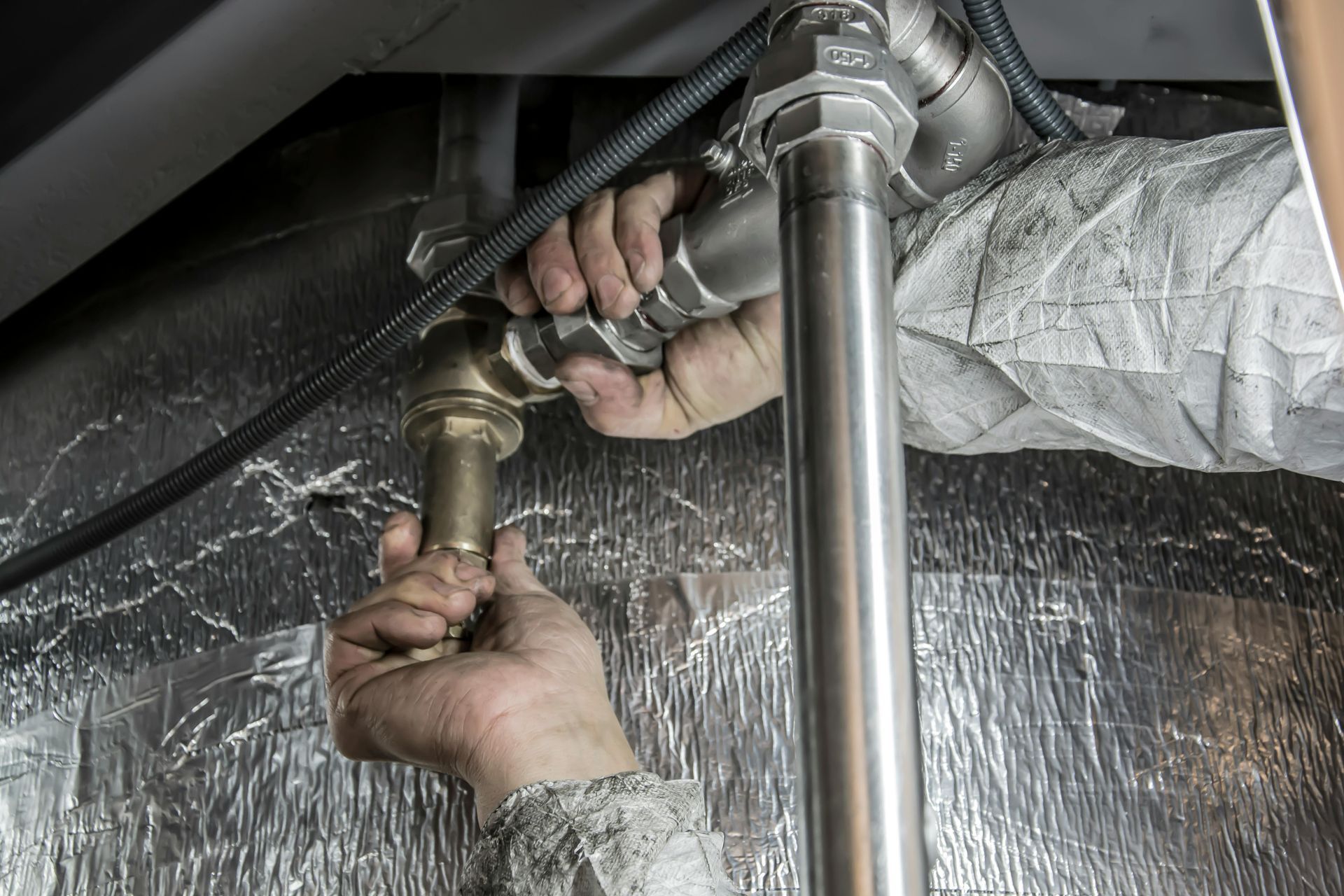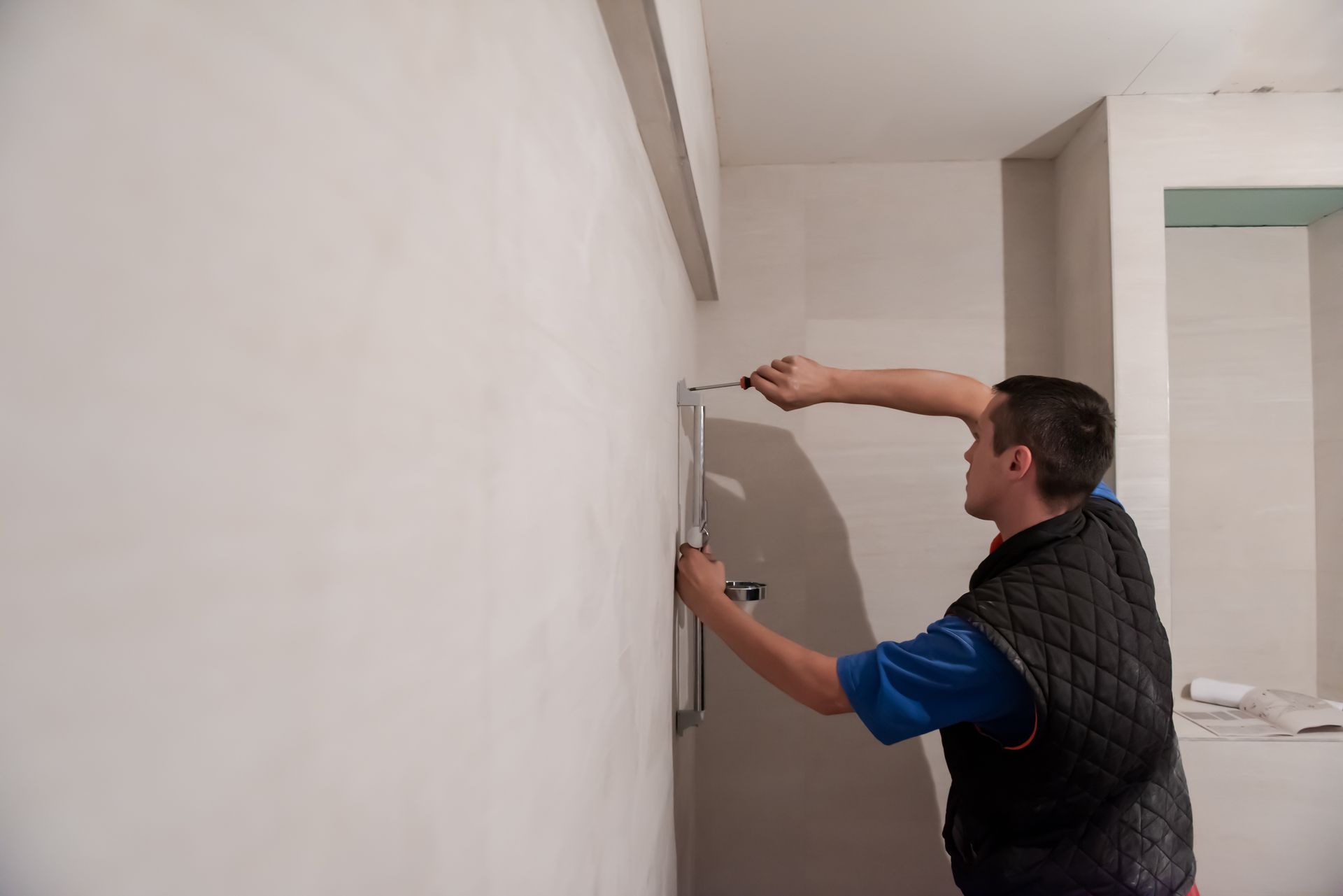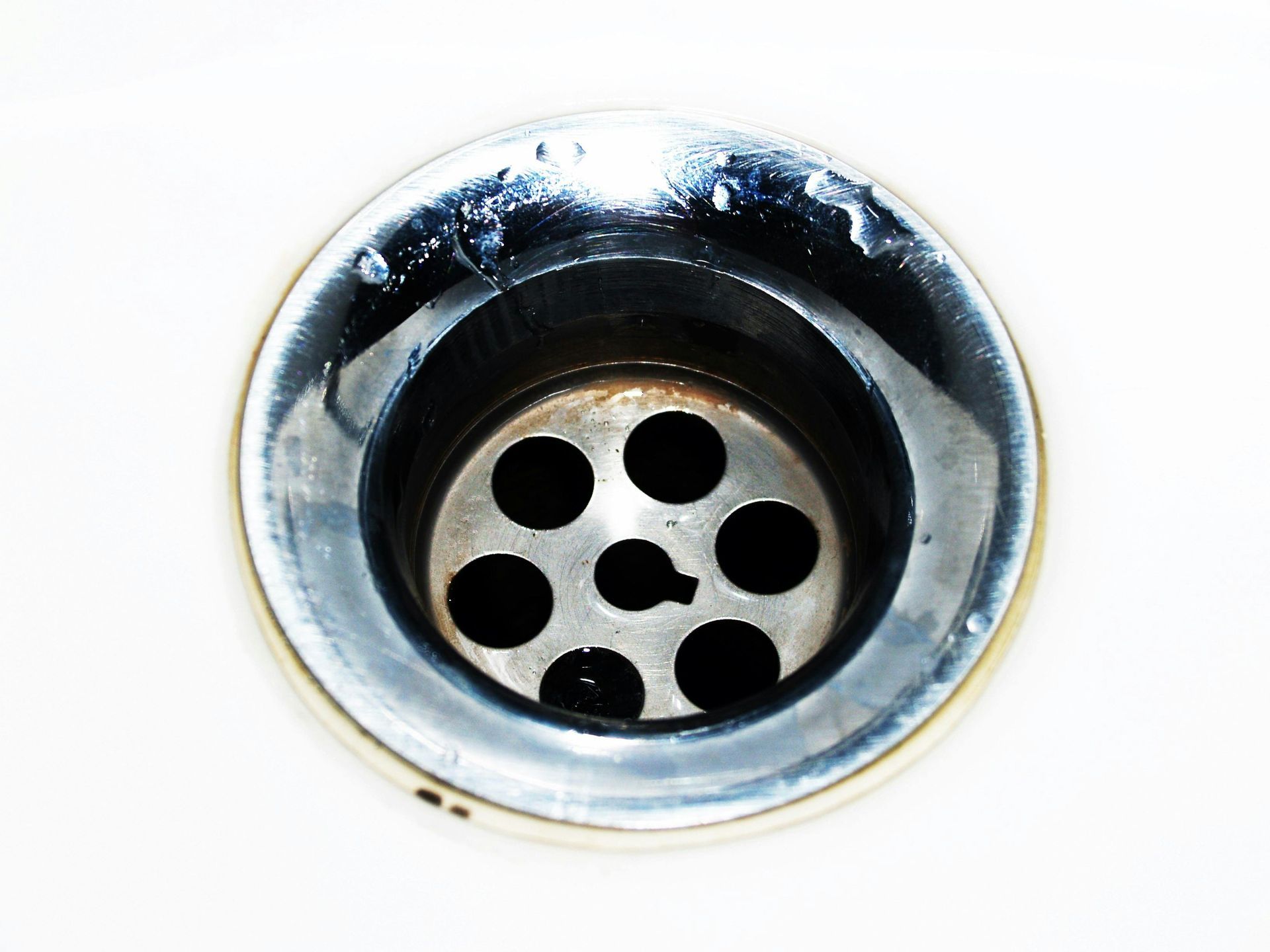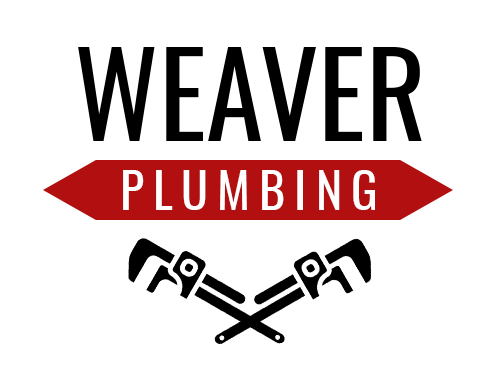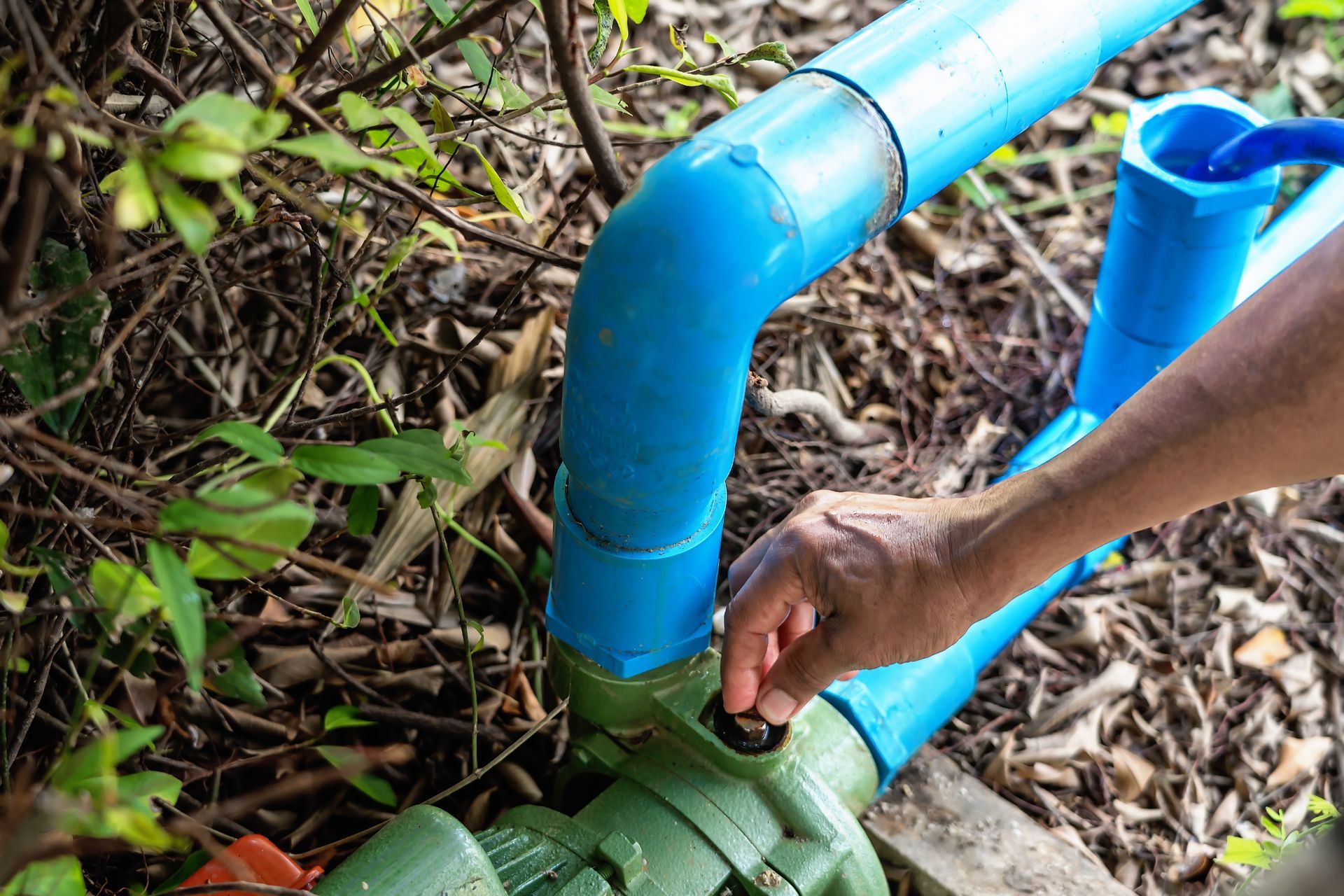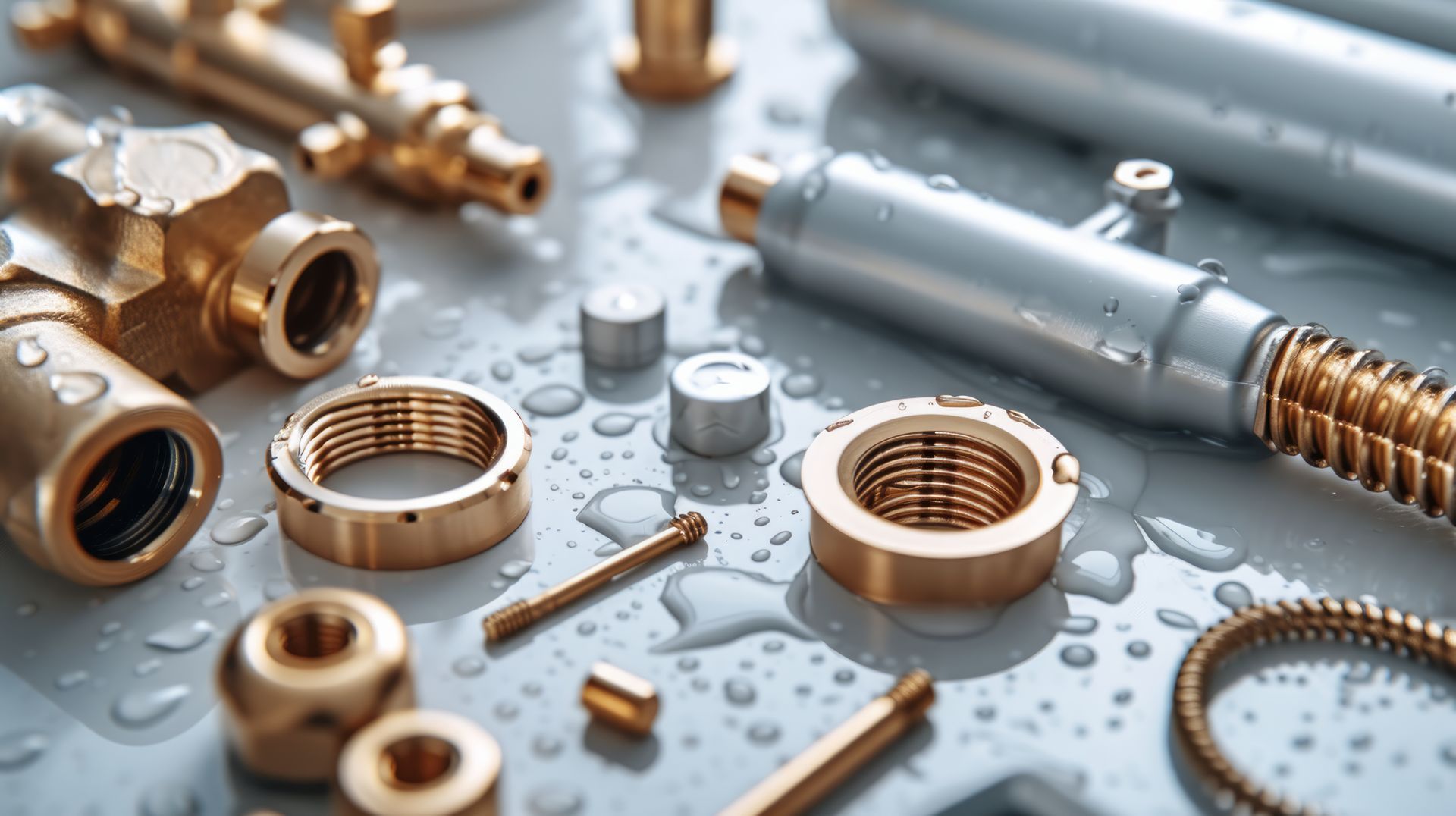Why Is My Water Heater Not Producing Hot Water?
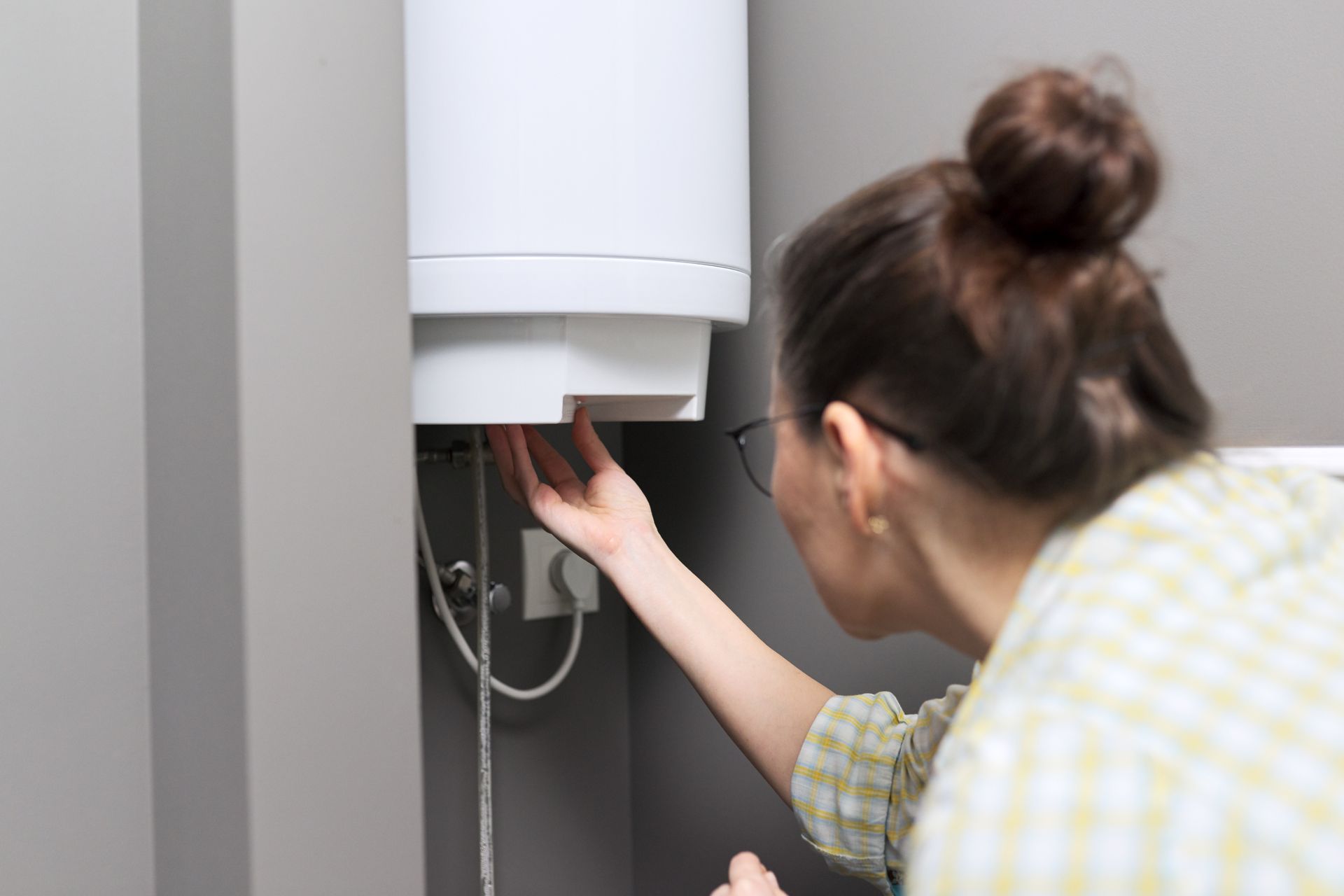
Slide title
Write your caption hereButton
Hot water is a daily essential, and when your water heater isn’t doing its job, it’s more than a minor inconvenience. If you’re wondering why your water heater isn’t producing hot water, don’t worry—you’re not alone. In this post, we’ll explore common reasons for this issue and provide insights on how to fix them. By the end, you’ll have a good understanding of what might be causing your water woes and what steps you can take to resolve them.
Common Causes of No Hot Water from Your Heater
When your water heater isn’t producing hot water, it can feel like your home’s comfort is turned upside down. There are several reasons why this might be happening, from minor issues to more serious problems. Let’s dive into some of the most common culprits.
- Thermostat Issues: Just like your house’s heating system, your water heater has a thermostat. If the thermostat is set incorrectly, it might be the reason for the cold showers. Check the temperature settings—ideally, it should be around 120°F. Anything lower, and you may not be getting enough heat.
- Pilot Light Goes Out (Gas Heaters): If you have a gas water heater, the pilot light could be out. Without it, your water won’t heat up. Relighting the pilot is usually simple, but if it keeps going out, you could have a more serious issue such as a faulty thermocouple.
- Electric Water Heater Element Problems: Electric water heaters rely on heating elements. If one of these elements malfunctions, you’ll likely notice lukewarm water, or no hot water at all. This usually requires a technician to check and replace the faulty part.
- Tripped Circuit Breaker (Electric Heaters): Sometimes, an electric water heater stops working simply because the circuit breaker has tripped. If that’s the case, resetting the breaker should solve the problem.
- Leaking Tank: If your water heater tank is leaking, it may not be able to retain enough water to heat properly. A leaking tank often needs to be replaced entirely.
While these are some common reasons, there’s often more than meets the eye when it comes to diagnosing water heater issues. Continue reading for deeper insights into potential fixes.
Why Is My Water Heater Taking Forever to Heat Up?
If your water heater takes an eternity to heat water, it’s not only frustrating but can also waste energy and increase your bills. Here are some of the reasons why your water heater might be dragging its feet.
- Sediment Buildup: Over time, minerals and sediment can build up in your water heater tank, especially if you live in an area with hard water. This buildup reduces your water heater’s efficiency and can result in long wait times for hot water.
- Water Heater Size: Sometimes the problem isn’t your water heater—it’s your house. If you’ve recently added a new bathroom or installed appliances that require hot water, your water heater might be undersized for your needs. An upgrade to a larger or tankless model could solve the issue.
- Old Water Heater: If your water heater is more than 10 years old, it might simply be past its prime. Older units lose efficiency over time, meaning they take longer to heat water. If this is the case, it might be time for a replacement.
- Distance from the Heater to the Faucet: The farther your hot water has to travel, the longer it will take to reach the faucet. This can’t always be fixed, but you can consider installing a point-of-use water heater closer to the frequently used fixtures.
Water Heater Maintenance to Keep the Hot Water Flowing
Proper maintenance is key to keeping your water heater in top shape. Neglecting maintenance can lead to breakdowns, energy waste, and—of course—no hot water. Here’s how to keep your water heater in good working condition.
- Regular Flushing: Flushing your water heater annually can prevent sediment buildup. When sediment accumulates, it acts as an insulator, making your heater work harder and less efficiently.
- Check the Pressure Relief Valve: The pressure relief valve helps regulate pressure in the tank. If it’s faulty, it can lead to leaks or worse—an explosion. Make sure it’s working properly by manually testing it every six months.
- Inspect for Leaks: Check the tank and connections for any signs of leaks. Even a small leak can lead to major problems over time, and you’ll lose a lot of hot water in the process.
- Test the Anode Rod: The anode rod helps prevent rusting inside the tank. Check it every 3-5 years, and replace it if it’s heavily corroded. A worn-out anode rod can shorten your water heater’s lifespan.
Taking these preventive steps will help extend the life of your water heater and keep your hot water flowing consistently.
DIY Troubleshooting: What You Can Do Before Calling a Pro
There are a few simple steps you can take to troubleshoot your water heater issues before picking up the phone to call a professional. Here’s a quick guide:
- Check the Power Supply: Ensure your water heater is properly plugged in (for electric units) or that the gas valve is on (for gas units). Sometimes, a loose connection can be the root of the issue.
- Reset the Water Heater: For electric water heaters, try resetting the unit. Most water heaters have a reset button near the thermostat.
- Adjust the Thermostat: If your water heater isn’t producing hot enough water, adjust the thermostat setting to a higher temperature. Remember, though, not to exceed 120°F to avoid scalding.
- Look for Obvious Leaks: Leaks can be sneaky, but if you see puddles of water near your heater, it’s time to investigate further. Leaks are often a sign of a larger issue that may require professional attention.
If none of these DIY fixes work, it’s best to reach out to a professional. Tinkering with your water heater too much can lead to even bigger problems down the road!
Time to Call the Pros? Contact Weaver Plumbing for Professional Water Heater Repair Services in Calhoun, GA Today!
If you’ve tried troubleshooting your water heater but it’s still not producing hot water, it might be time to call in the experts. At Weaver Plumbing, we offer fast, reliable water heater repair services in Calhoun, GA, and the surrounding areas. Whether you’re dealing with a broken thermostat, a failing heating element, or a tank that’s seen better days, our experienced team can quickly diagnose and fix the issue.
Don’t let cold showers ruin your day—give us a call at
(770) 608-4815 and let us take care of your water heater problems. We also specialize in
water softeners and filters,
drain cleaning, and
general plumbing repair services. From minor fixes to full installations, we’ve got your home’s plumbing needs covered.
FAQs
Why is my water heater only producing lukewarm water?
Lukewarm water could be a sign that one of the heating elements is malfunctioning or that the thermostat is set too low. It could also indicate sediment buildup inside the tank.
Can a water heater leak be fixed?
In some cases, leaks can be repaired by tightening fittings or replacing a faulty valve. However, if the tank itself is leaking, you’ll likely need to replace the entire unit.
How often should I replace my water heater?
The average lifespan of a water heater is 8-12 years. However, regular maintenance can extend its life. If your unit is approaching 10 years or older and experiencing issues, it may be time to consider a replacement.
Is it normal for my water heater to make noises?
Popping or rumbling noises are common and usually caused by sediment buildup in the tank. Flushing the tank can often resolve this issue.
Can I install a water heater myself?
While some handy homeowners may be tempted to install a water heater, it’s usually best to hire a professional. Incorrect installation can lead to safety hazards like gas leaks or water damage.
